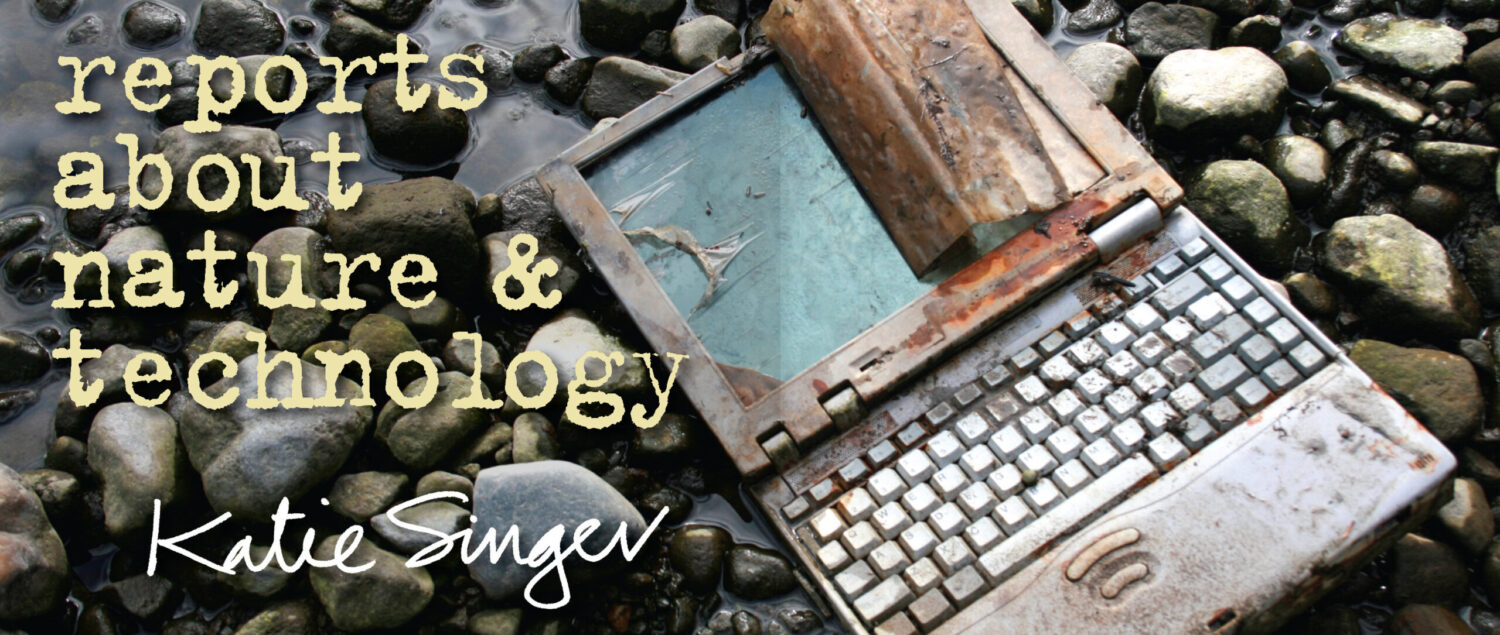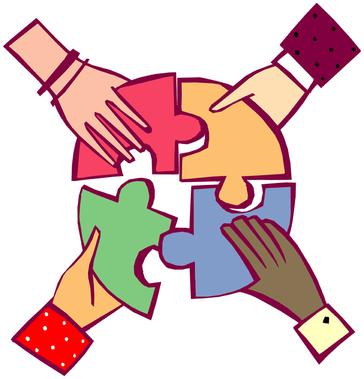More than one reader rightly corrected me when my last substack called the Internet “sustainable.” As long as it uses finite mineral deposits that took billions of years to form—and generates waste that takes the Earth who knows how long to absorb—the Internet cannot be sustained.
Consider copper. For every kilogram of mined copper, at least 210 kilograms of waste are generated. By 2025, demand for copper will exceed supply.
So—with thanks to the readers who caught me, I hereby stop calling the Internet sustainable; and I’ve renamed my last substack “A longer-lasting Internet starts with knowing our region’s mineral deposits.”
Reframing our thinking about technology and nature—
lesson ideas for people who depend on water, minerals & computers
by Katie Singer
Here’s to a new school year. If any school or business explores these lessons, please send me your research: I’ll post it.
Lesson One: Explore your technosphere
Trace the supply chain of one substance in your computer and share their research. For a list of a smartphone’s substances and resources for research, https://katiesinger.substack/p/digital-enlightenment.
Lesson Two: Explore your biosphere
On a big sheet of paper, draw north and locate your watershed and your home. Trace your water from your watershed to your tap and to groundwater.
Lesson Three: Explore your biosphere some more
Map your bioregion’s active and abandoned mines. Name how mining in your area impacts water, land, air, wildlife and human health.
Lots of Lessons for schools and businesses
- Challenge engineering students to design electronics that biodegrade.
- Invite students and designers to make electronics made only from raw materials refined within a 500-mile radius of the school or company.
- Invite engineering students to design a product’s second life. A battery can’t power a 3000-pound car for more than a few years; but in its second life, it could power a household’s generator or charge laptops.
- Invite business students and investors to research the economic and ecological impacts of extracting ores and manufacturing chemicals to nearby communities.
- Require medical students to research electronic interference between, say, hybrid or electric vehicles and medical implants—and ways to reduce exposure to electromagnetic radiation.
- Require medical students to study the relationship between magnetic field exposure and miscarriage and children’s health after in utero exposure to cell phones and Wi-Fi.
- Have education students and teachers research the relationship between screen-time exposure and children’s cognitive development. Invite them to develop ways of teaching without an electronic interface.
- Challenge environmental studies students to create telenovelas with really attractive, substantial characters who turn Wi-Fi off at night and notice improved concentration; raise children who prefer playing a saxophone to video games; repair broken laptops to save from buying new ones; prefer baking bread to following social media…while enjoying durable, satisfying romances. (A telenovel is a serial tv, radio show or podcast with spicy romances that subtly incorporate social messages—like wearing condoms, improving literacy skills, eating less sugar—into story lines.)
- Invite students to create “Personal Tech Contracts” to reduce screen-time addiction. Challenge students to develop a contract to reduce digital footprints.
- Ban cellphones from classrooms—to decrease cyber dependence and to give students the chance to research without an electronic interface.
- Challenge political science and law students to create policies that prioritize nature over electronics. For examples: Limit 5G to private networks—i.e., within a factory. Require telecom corporations to maintain landlines and wired telephones, which can function during power outages. Amend federal laws to restore local governments’ ability to make zoning decisions and protect their citizens’ general welfare around telecom equipment—without subjecting corporations to lawsuits. Prohibit corporations from calling a product “zero-emitting” unless they can prove that it emits no toxins or methane from its cradle to its grave.
KATIE SINGER writes about technology’s impacts on nature. She believes that if she’s not aware of the problem, then she can’t be part of the solution. She dreams that every user learns about the supply chain of one substance in their computer. Her books include An Electronic Silent Spring, Honoring Our Cycles and The Wholeness of a Broken Heart. Visit https://katiesinger.substack.com, https://OurWeb.tech and https://ElectronicSilentSpring.com.

